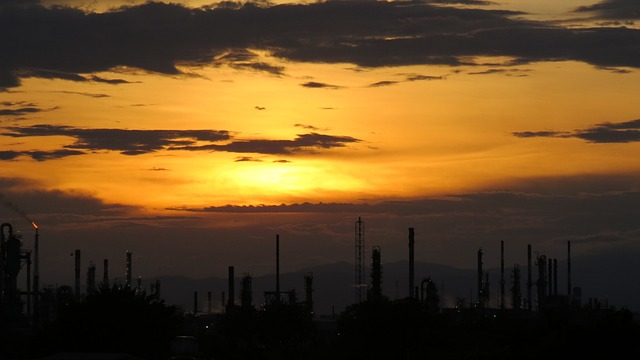Economic Threats to Canada and U.S. Consumers
Experts warn that tariffs on oil and gas imports may harm Canada’s economy and raise U.S. fuel prices. Alberta, Canada’s oil industry hub, faces growing uncertainty over President-elect Donald Trump’s proposed 25% tariff on Canadian goods. Politicians and energy analysts stress that such tariffs could cause economic damage in Canada and increase fuel prices for American drivers.
“Canada has no choice but to reach an agreement with Trump,” said Dennis McConaghy, a former Alberta energy executive. He emphasized that Canada must find a way to cooperate with the U.S.
On Monday, Trump announced plans to impose a blanket tariff on imports from Canada and Mexico. He did not specify whether oil and gas would be included in these measures.
Lisa Baiton, president and CEO of the Canadian Association of Petroleum Producers, cautioned that the tariff could reduce Canada’s oil production. McConaghy highlighted that job losses in Alberta could follow, affecting provinces reliant on wealth transfers from Alberta to support social programs.
The proposed tariffs could weaken the Canadian dollar, which is already struggling due to domestic economic pressures. “Canada’s economy is deeply connected to the U.S.,” McConaghy said. “About 80% of Canada’s trade is with the U.S., a large portion being oil and gas.”
Consequences for U.S. Refiners and Consumers
U.S. fuel manufacturers are urging Trump to exclude oil and gas from the proposed tariffs. They argue that U.S. refineries depend heavily on Canadian crude. “Crude oil is to refineries what flour is to bakeries,” said the American Fuel and Petrochemical Manufacturers (AFPM). If crude oil prices rise, fuel production costs in the U.S. will also increase.
The U.S., despite being the largest producer of oil and natural gas, relies on imports for certain regions like California, the Northeast, and parts of the Midwest. Refineries in these areas lack capacity to process only U.S. oil. About 40% of crude processed in U.S. refineries is imported, with the majority coming from Canada. Canadian oil is essential for refineries in the Midwest, which handle heavier crude blends from Canada.
The AFPM warned that a tariff on Canadian oil would raise operating costs for U.S. refineries, especially in the Midwest. These increased costs would likely be passed on to consumers, resulting in higher gas prices.
Patrick De Haan, a gas price analyst in Chicago, estimated that gas prices in states like Minnesota, Wisconsin, and Michigan could rise by up to 75 cents per gallon. He also noted that airlines and freight companies might face higher costs, leading to broader industry-wide price increases.
Higher fuel prices would contradict Trump’s campaign promise to lower gasoline prices. Trump had vowed to reduce gas prices to below $2 per gallon, but as of late November, the average price for regular gasoline in the U.S. was approximately $3 per gallon.
At the same time, Trump has stressed the goal of achieving greater U.S. energy independence. He aims to increase domestic oil production and reduce reliance on foreign sources, particularly from countries that are not U.S. allies.
Uncertainty remains over whether the proposed tariffs will be implemented. Analysts suggest Trump may be using the threat of tariffs as a negotiation tactic to gain cooperation from Canada and Mexico on border security. Trump has stated that the tariffs would remain until both countries take action to strengthen border security and curb illegal immigration and drug trafficking into the U.S.
